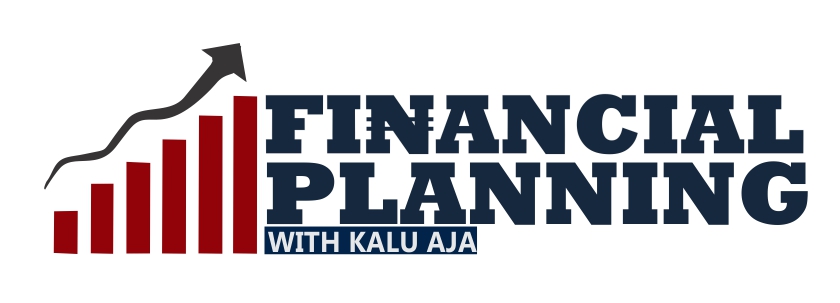So in lesson 12, we concluded on investments specifically equity, this week let’s talk about Estate Planning and Asset Protection.
Estate Planning is about planning for risks, what risk? Untimely death, ill health, inability to earn income etc. Estate Planning is also about the transfer of property, either during life or death, the methods used and risks of those methods. The Enhancing Financial Innovation and Access (EFInA) survey for 2014 studied household dynamics in Nigeria and listed the financial risk with greatest impact on household finances as serious illness of a household member 33.6% and Death of a relative/household member 27.7%. So a household’s biggest financial risks are the “breadwinner” falling ill or dying.
So we have two issues to address, how to protect income, and how to transfer of assets.
Let’s start with protecting income. The most common way to hedge against a loss of income is to buy insurance. You can insure your assets eg you buy home or car insurance, you can even insure your home appliances. Insurance has a cost i.e. the premiums paid, so don’t insure what will become obsolete within the lifetime of the cover, or pay to insure when the premium is more than the value of the assets. This is fairly simple enough. The main risk here is to choose an insurance company that will pay premiums when the insured event occurs. The most important asset to protect via insurance is your ability to earn, this is done via disability and life insurance.
Disability Insurance or loss of income insurance covers you in the event you cannot work or perform your current occupation because of illness or injury. Disability Insurance is extremely important for a business with a key owner or single owner, as the EFInA study shows the biggest financial risk to a household is the incapacitation of the breadwinner. So getting disability insurance ensures you don’t lose income when you are sick for a long period of time.
If you’re an employee. There is a new Employee Compensation Act that mandates disability insurance, ask your employer about this.
Health Insurance is another protection to take, especially as you grow older. For a fixed premium, you’re protected from extraordinary health care expenses that will completely distort your budget. So buy health insurance, put cost of premium in your cash budget that protects your cash flow should you fall ill.
Next way to protect against loss of income is to buy life insurance. The whole idea of life insurance is to ensure the income of the bread winner is not impaired.
This is extremely important. You want to buy life cover that allows your dependents not suffer a loss of income. You can also buy a life policy linked to an education option that pays the sum assured towards the education of identified wards.If you have a Retirement Saving Account, then your employer has to take a Group Life Insurance cover for you of three times your remuneration. Make sure you identify a fit and proper next of kin and ensure the premiums are paid by your employer.
Now let’s discuss Transfer of assets.
Assets can be transferred from the owner to a beneficiary via many methods. A well planned asset transfer prevents dissipation of assets. The very first thig to do is to ensure all your assets are properly registered and legal.
There are three main circumstances under which assets are transferred,
No Will:
Assets transferred Intestate, i.e. assets transferred without a formal will or instruction of the owner. The assets will then be transferred in line with the governing laws of the state. If you don’t have a will, your assets will be administered and shared to your identified beneficiaries by the court appointed Administrator. You want to avoid this. Also not a Next of Kin designation is not enough, be specific how you want your assets transferred by writing a will.
A Will.
Assets can be transfer according to your instructions states in a Will. This allows assets be transferred to beneficiaries according to the wishes of the owner including the appointment of an Executor to the Will
A Trust
A trust is an arrangement whereby assets are transferred by an individual or a corporate, to a Trustee, to be held by the Trustee for the benefit of certain beneficiaries. Trust can come in effect even when the owner of the assets is still alive, this is called a Living Trust. The Trustee can also be a corporate Trustee.
The cost of a Trust are usually more expensive than a Will but Trust offer the advantage of avoiding Probate, are more private and cannot easily be challenged. Trusts are also more flexible than wills. Other methods to transfer assets are the making of gifts to beneficiaries.
Now recall our Net worth exercise in lesson two? When you do your network review exercises and there is an increase in your network, always update your will or Trust to capture the new assets.
To close remember that what you’re protecting is not only your ability to earn money but to protect your budget from extraordinary events. Not buying vehicle insurance for instance, can expose your budget to irreparably loss should anything happen to your car.
So to summarize, from income, you first protect, then create an emergency fund then you can invest.
Legal Jargon of the Week
What is Probate?
Probate s the Court process by which a Will is proved valid or invalid.
When a person dies, the estate must go through Probate. This Probate process is overseen by a probate court. The
Question:
Have you written a Will or Trust for your assets?
